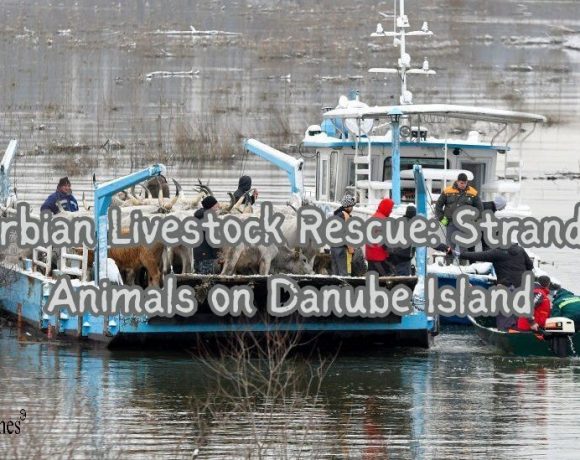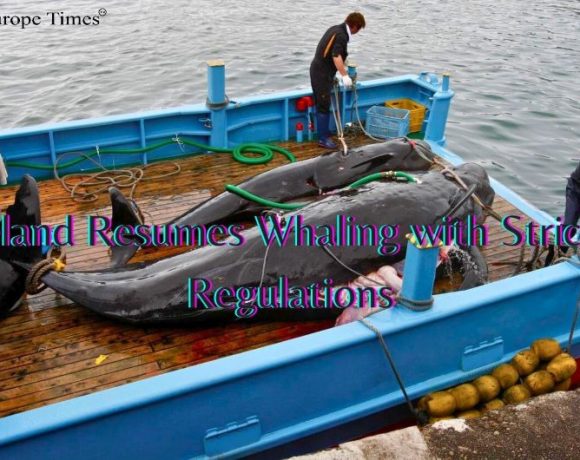
A French couple from Nice has been handed a one-year suspended sentence for subjecting numerous animals to cruel conditions. In their 80-square-meter apartment, they were found to be housing 159 cats and seven dogs, many of which were suffering from dehydration, malnutrition, and parasite infections. The judge concluded that the couple had failed in their duty to properly care for the animals. As a consequence, they’ve been permanently banned from keeping pets and ordered to pay over €150,000 to animal rights charities and other involved parties.
Last year, authorities stumbled upon the distressing situation during a visit to the couple’s apartment, where they found animals crammed into every available space, surrounded by filth and excrement. Tragically, some of the cats and dogs had already perished due to their dire health conditions, with the bodies of at least two cats and two dogs discovered in the bathroom.
The couple’s explanation revealed a pattern of accumulating animals, with the woman, aged 68, describing them as the “love of her life,” although she admitted to having “screwed up.” Her initial collection of her parents’ pets in 2018 escalated when she took in around 30 cats from an abandoned building, leading to unchecked breeding. She expressed feeling a sense of abandonment herself, equating it to leaving the animals behind.
A psychiatric evaluation diagnosed her with “Noah’s syndrome,” a psychological compulsion to rescue animals, even when incapable of providing adequate care. This wasn’t the couple’s first encounter with authorities regarding animal welfare; they had previously been investigated in 2014 for housing 13 cats and a dog in an 18-square-meter studio apartment.
Picture Courtesy: Google/images are subject to copyright






